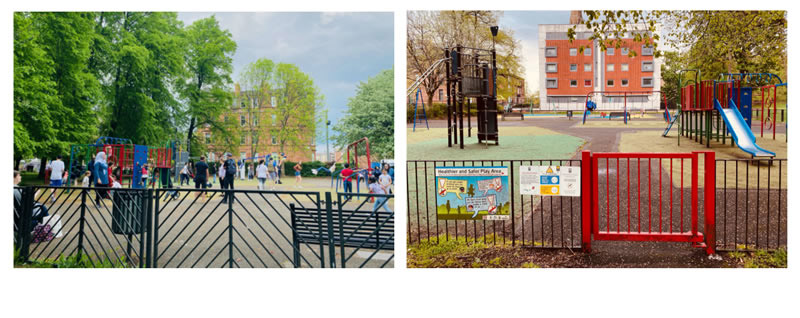
“There is in the worst of fortune the best chances for a happy change”
Euripides
Glasgow, April 2020. I am on my way to take the train to go to the hospital. As I walk I see a playground, one of the playgrounds my children used to play. I feel a sense of emptiness and sadness, along with impatience for a future where all playgrounds are full of children playing, interacting, learning and laughing together.
Undoubtedly the pandemic forced many changes upon us. As a doctor, I have seen and lived how my colleagues, teams, patients, families, the whole system coped. As a mom, I know the challenges that parents faced during lockdown and continue to now. To me, like to many, dealing with uncertainty was difficult and finding ways to reassure my young kids about present and future was a learning journey. Home schooling was also a challenge, but I accepted I can only do my best.
But…what about the children? How did they cope and how are they coping now? What are their needs? Where is the evidence? How can we talk to them about COVID-19 and the pandemic in a way they can understand? How can we support and reassure them?
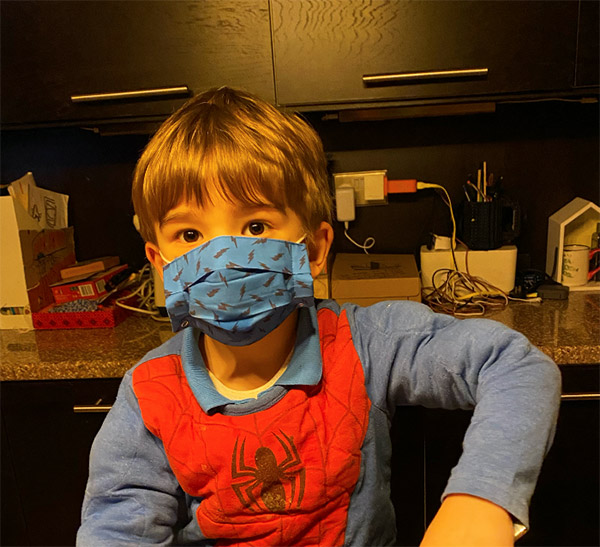
So here I am, on the 5th April, one day after David’s forth birthday, seeing him building a massive lego castle. I asked him why the castle is this big and his response came as a surprise. “To hide there and stay there to protect myself “his response was. Children understand far more than we anticipate. David was insecure and scared of what was happening. I felt I needed to explain to him what was going on in a way he would understand and also in way that would not stress him and provide him with reassurance. There is no better way of doing this than a story.
So, Jack Wee Rabbit and Dr Betty were born to explain coronavirus to children. In just a few days the book had over 3000 downloads and thanks to dear friends and colleagues got translated into 10 languages. This story is proof that we all need information tailored to our kid’s needs, but also very importantly that at times of uncertainty people want to help each other and do the best they can. Like all my friends who without questioning translated the book and I am grateful to it.
The book helped us a lot, however I still had many questions on COVID-19 by my kids. “Will I catch COVID-19 and get very sick?”, “Will you get sick mom?”, “Will the pandemic ever stop and when?”, “What is vulnerable?” are only a few of these. Does this sound familiar?
Adding to what Jack and Dr Betty story tells us, studies confirm that kids need information on coronavirus and the pandemic. From what children reported in a survey conducted by Edgehill University, they wish to receive information from their parents, school and also from TV(1). Children also need honest discussion about coronavirus as they reported feeling the information they receive is underplaying the pandemic and the impact of coronavirus on people. Research also revealed that 50% of parents worry that lockdown will have a negative impact on their children’s live over the next year(2). Children reported feeling lonely, not getting enough satisfied with their lives and not having control.
Reality is that children will continue to receive information on COVID-19 pandemic. It is difficult for them to understand, adapt to all the changes and also understand the changes to the rules. It is also difficult for them to understand why adults might be anxious and stressed too.
So, what can we do as parents to support our children during this transition in the post-lockdown period?
Help children to manage the information they hear: allow them time and space to express how they feel about it. Offer the opportunity to ask questions and share what is in their minds. Listen with fascination and be in the moment with them. Welcome any ques.
Filter the information and be in charge of how your child makes the interpretation of these.
Encourage their questions and answer to these with honesty and clarity. This needs to be tailored to their developmental stage.
Feel comfortable to say “I don’t know”. At times of uncertainty it is expected that there are questions we can’t answer and this is ok. We can be tempted to make promises that everything will be ok, however this is a great opportunity to teach them how to cope with uncertainty and build on their resilience.
Accept your own stress and anxiety: it is important that we are self – aware and understand our own worry and anxiety during this time.
Provide them with reassurance: children get worried about illness and death and may think this will happen to them. Discuss with them their worry and reassure them that very few children get sick.
Empower children: Offer them control by discussing what we can all do to stay safe. Re iterate the importance of hand washing- Jack and Dr Betty song is a good family singing while hand washing for 20 seconds.
Be present for them and open to all their questions.
It is ok for them and for us to feel anxious, worried, insecure. It is ok. We are learning during this time and we can use this as a unique opportunity to teach them how to cope and become more resilient.
Because if as Euripides said “There is in the worst of fortune the best chances for a happy change”, we can use this knowledge and learning to develop a better future for everyone, more importantly the children.
Dr Ioanna Nixon, Oncologist and Career, Performance, Leadership and Resilience Coach
1. Children’s information about COVID19
2. Life on hold: Children’s wellbeing and COVID–19



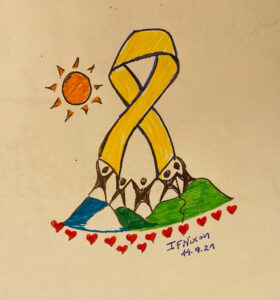
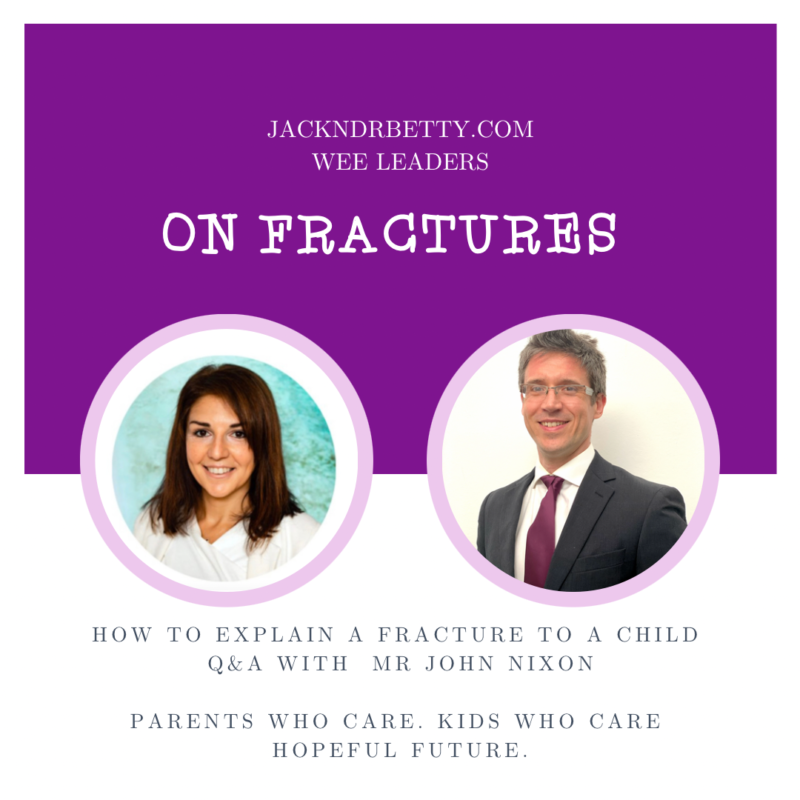
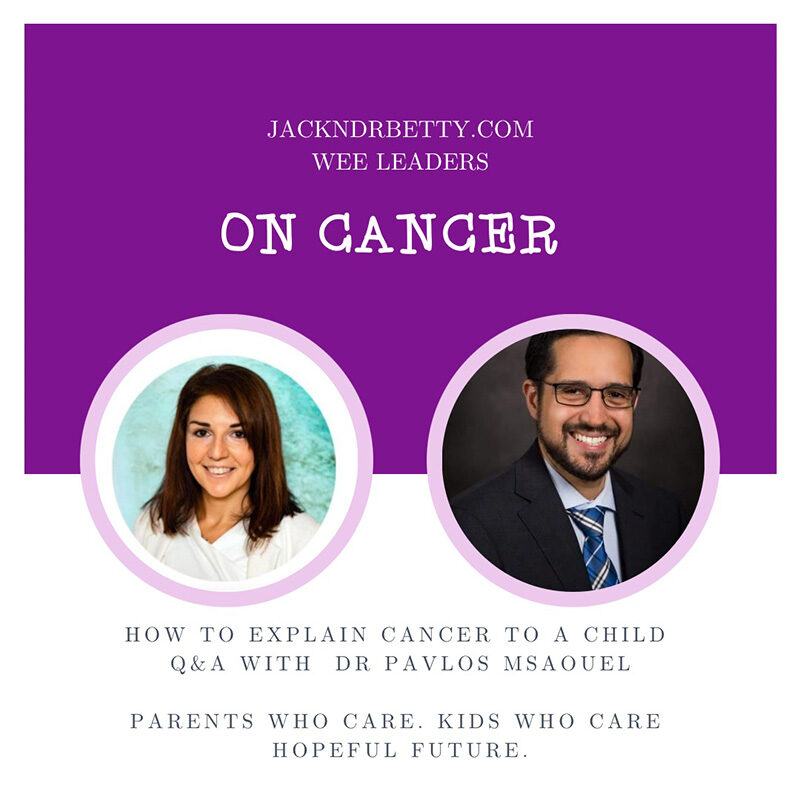

No comment yet, add your voice below!